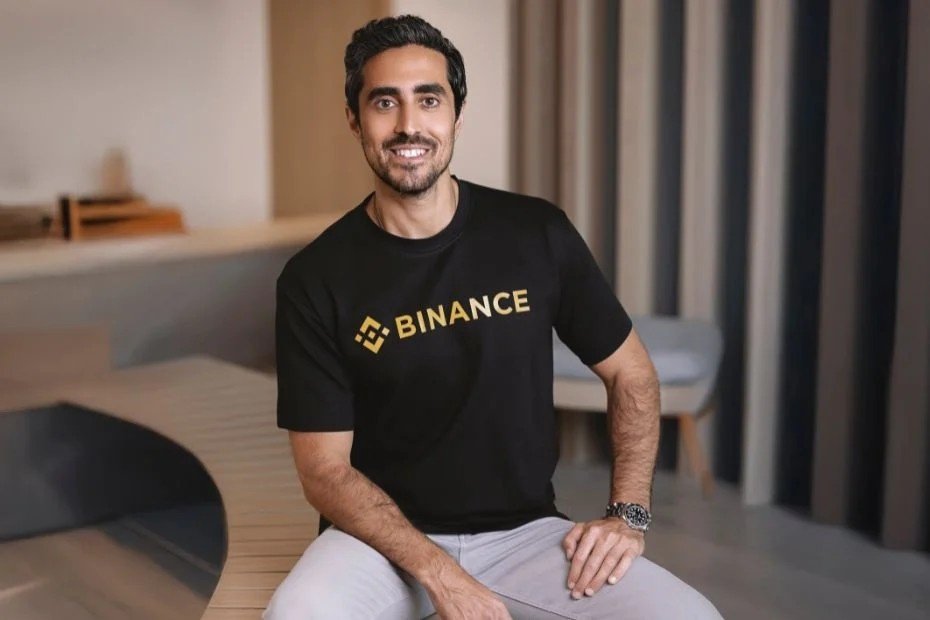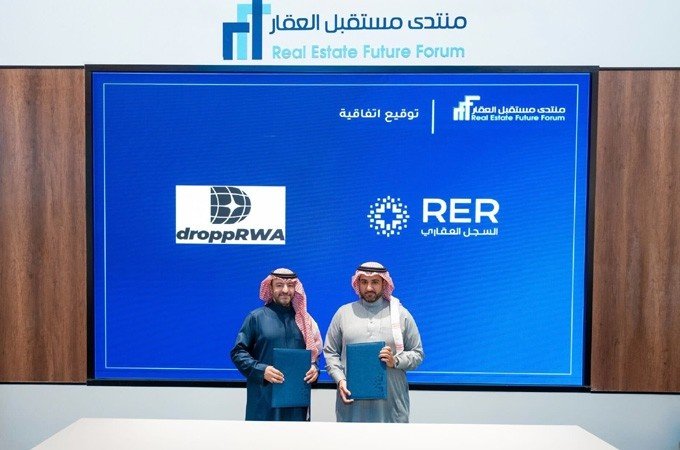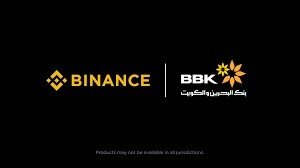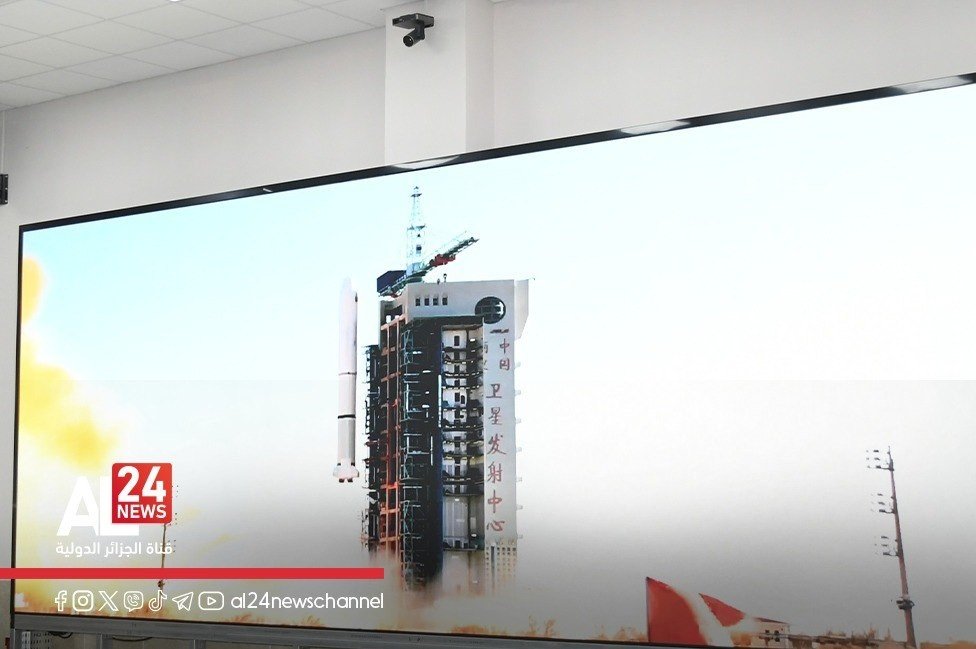Binance has solidified its position as a key player in the Middle East and North Africa (MENA) region, achieving around 20% growth since 2020 through hyper-localization, regulatory collaboration, and an innovation-first approach. Leading this effort is Bader Al Kalooti, regional head MEASAT at Binance, who is spearheading expansion across the Gulf, Africa, and beyond.
Al Kalooti emphasizes Binance’s adaptability to diverse regional dynamics, highlighting the Middle East’s rapid emergence as a crypto hub. The company prioritizes regulatory frameworks tailored to each country’s economic and technological goals to enable full-service operations.
Binance became the first global exchange to secure a Virtual Asset Service Provider (VASP) license in the UAE and a Category 4 license in Bahrain, and is now proactively entering emerging markets such as Saudi Arabia, Egypt, and Kuwait. The MENA region’s youthful, tech-savvy population—60% under 30 with 75% smartphone penetration—makes it fertile ground for crypto adoption.
He notes digital assets serve different roles: diversification tools in high-income economies and financial inclusion enablers in lower-GDP countries. Remittance corridors worth about $150 billion in GCC outflows represent prime opportunities for Web3 disruption, with collaboration among banks, fintechs, and governments key for compliance.
Binance has pioneered halal digital finance with Sharia Earn, its first Islamic finance-oriented crypto product, which Al Kalooti says will evolve to meet diverse community needs while adhering to Islamic principles.
Education is central to Binance’s regional strategy, with Arabic-language initiatives like Blockchain for Everyone and partnerships with institutions such as ADGM Academy addressing literacy gaps and building user trust.
Rising crypto adoption brings cyber risks, including phishing, impersonation scams, and AI-driven deepfakes. Binance combats these through user vigilance and tools like Binance Verify, enabling users to authenticate addresses, URLs, and contacts.
Institutional adoption is growing across sovereign funds, telecoms, and fintechs. Partnerships like the 2023 collaboration with Beyon Money in Bahrain and a $2 billion investment from Abu Dhabi-based MGX illustrate Binance’s sector-specific tailored services.
Al Kalooti highlights blockchain’s potential in supply chains and healthcare, improving transparency, halal compliance, counterfeit reduction, and secure, consent-based medical record access.
Binance collaborates with universities, VCs, and incubators to nurture innovation and talent pipelines. For example, it partners with Gulf Colleges and Riyadh Chamber on blockchain education in Saudi Arabia, co-developing curricula and certification programs.
Looking ahead, Binance aims to deepen its role in the Gulf’s digital economy beyond exchange services, focusing on institutional engagement and real-world use cases like cross-border payments, digital remittances, and decentralized finance (DeFi), while committing to responsible growth and transparent, connected financial systems.















